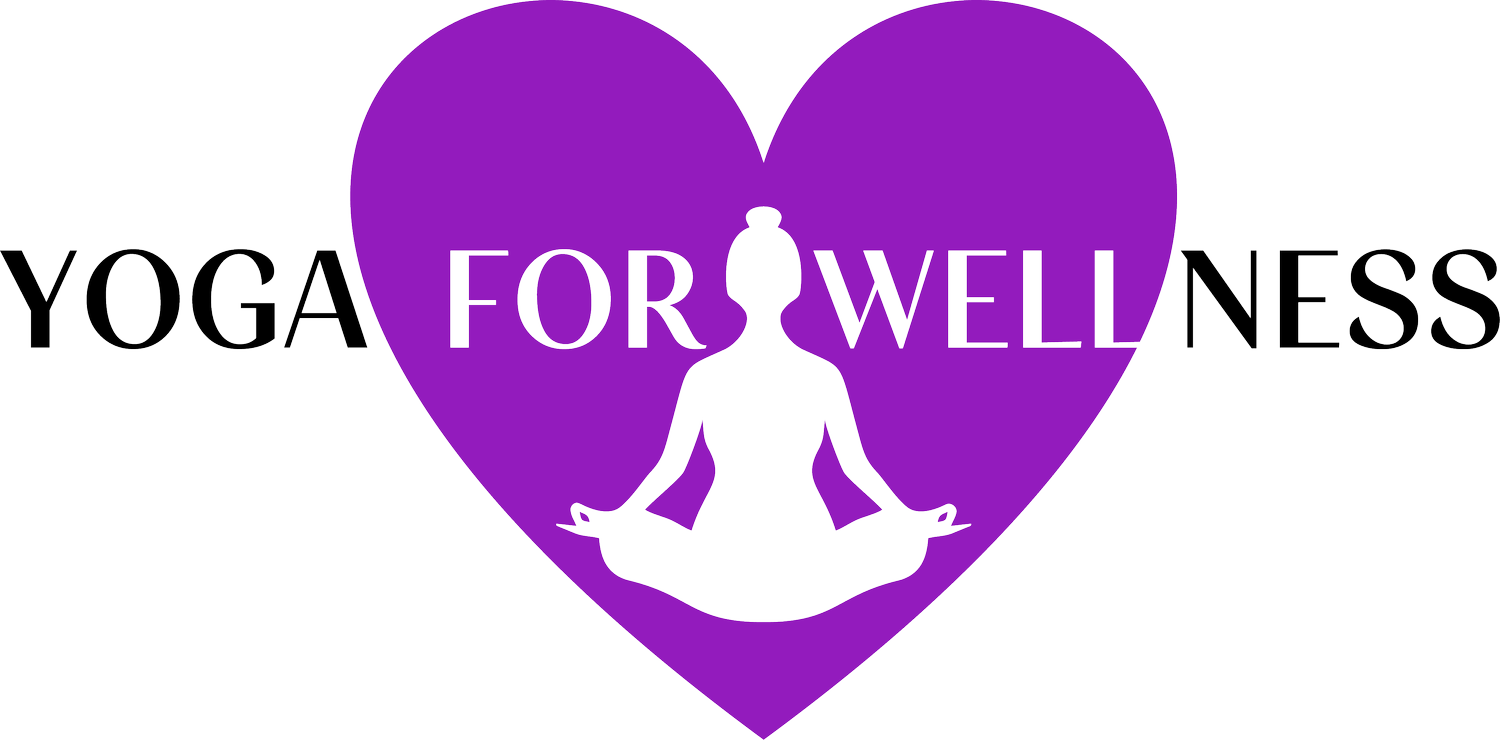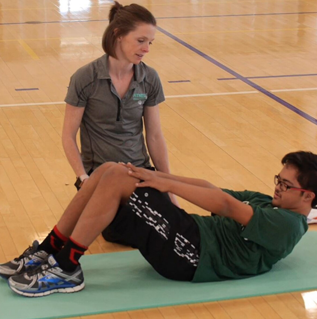We Can Do Hard Things
Why is it important to
Practice Doing Hard Things?
Why is this important?
Humans are naturally wired to avoid things that make us feel uncomfortable—especially when we are tired or stressed—so how can we do hard things when our brains are constantly telling us to avoid effort?
Excellent question!
At my school, this week has been busy with both reading and physical assessments. Although necessary, assessments can become tiresome and monotonous (with no possibility of fun and enjoyment.)
HOWEVER
This is when the magic of teaching can transform a monotonous situation into a rewarding one - hence The Creamie Challenge! Let it be known, I am not above food reinforcements (aka: semi-bribe-ish) AND I fully understand the counter-intuitiveness of a physical assessment followed by a delicious creamy popsicle.
BUT
Before you judge me too harshly, let me explain myself. Three times a year, I ask my students to participate with me on a self assessment in four areas of endurance, flexibility, and core strength. I also ask if they are willing to participate in the notoriously difficult challenge called The Creamie Challenge!
This challenge includes the following:
4-min forearm plank (performed once; but inspired to be performed twice)
75 curl-ups (different than crunches; performed requirement: once)
Stretch and Reach (flexibility measurement on each leg: 3 measurements on each leg)
Pacer test (75 laps with decreased timed blocks run OUTSIDE in most weather scenarios)
Since 2011, I have had all athletic, health and body types accept The Creamie Challenge! with 100% participation.
How?
I ask them to try to do a hard thing.
I also play really loud student choice music.
I encourage them to work in teams.
I allow breaks as long as they keep track of their laps missed which will be made up after the formal timed component.
I trust that they will hold themselves accountable.
And … guess what?
They always do
Our younger people need to know that their negative feelings and the desire to give up when it's hard are normal human emotions. We can validate those feelings, but we don’t want to stop there. We can give them tools to help them be …
Overcomers
Sometimes they need some space to work through the challenges meaning we don’t continue to pepper them with suggestions or give hollow praise. When the going is tough, we ask them to help each other, to locate their GRIT within.
In an article: How to Convince Yourself to Do Hard Things by David Rock
"Doing things that feel uncomfortable and like hard work can seem counterintuitive," Rock writes. "But by understanding what's going on in your brain, instead of in your gut, you can work toward accomplishing hard things and manage your fears better." (Rock, Harvard Business Review, 12/7)
It is our strong belief that if we can help our kids develop their grit when they are young through our shared memories in collaborative outdoor adventures, that will set them on a trajectory in life for tackling hard stuff and doing amazing things!
“Meditation research, particularly in the last 10 years or so, has shown to be very promising because it points to an ability of the brain to change and optimize in a way we didn’t know previously was possible.”
In a laboratory tucked away off a noisy New York City street, a soft-spoken neuroscientist has been placing Tibetan Buddhist monks into a car-sized brain scanner to better understand the ancient practice of meditation.
Dr. Josipovic indicates that when one relaxes into a state of oneness, the neural networks in experienced practitioners change as they lower the psychological wall between themselves and their environments.
And this reorganization in the brain may lead to what some meditators claim to be a deep harmony between themselves and their surroundings.
“Well-being is a SKILL.”
The key to joy is to find your compassion and live from there.
Why do we practice hard things? So that we know we can, perhaps. As humans, our emotions arise spontaneously - are we a masterpiece in the making? This question can deepen our perspective where we can see the long game and be connected to purpose. In the end, we seek JOY. We may pray, practice and meditate, re-training our muscles and our mind to seek JOY.
“Joy is the reward, really, of seeking to give joy to others. When you show compassion, when you show caring, when you show love to others, do things for others, in a wonderful way you have a deep joy that you can get in no other way.
You can’t buy it with money.”
I would like to end this week’s blog with a short YouTube clip from the endearing movie, “Eddie the Eagle.” We can all be OVERCOMERS!!!
(Taron Egerton and Hugh Jackman co-star in the inspirational true story of Eddie the Eagle, an unlikely British ski-jumper who never stopped believing in himself–even as an entire nation was counting him out. With the help of a rebellious and charismatic coach (Jackman), the lovable underdog wins the hearts of fans around the world by making an unforgettable showing at the Calgary Winter Olympics.)





